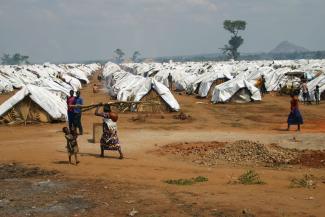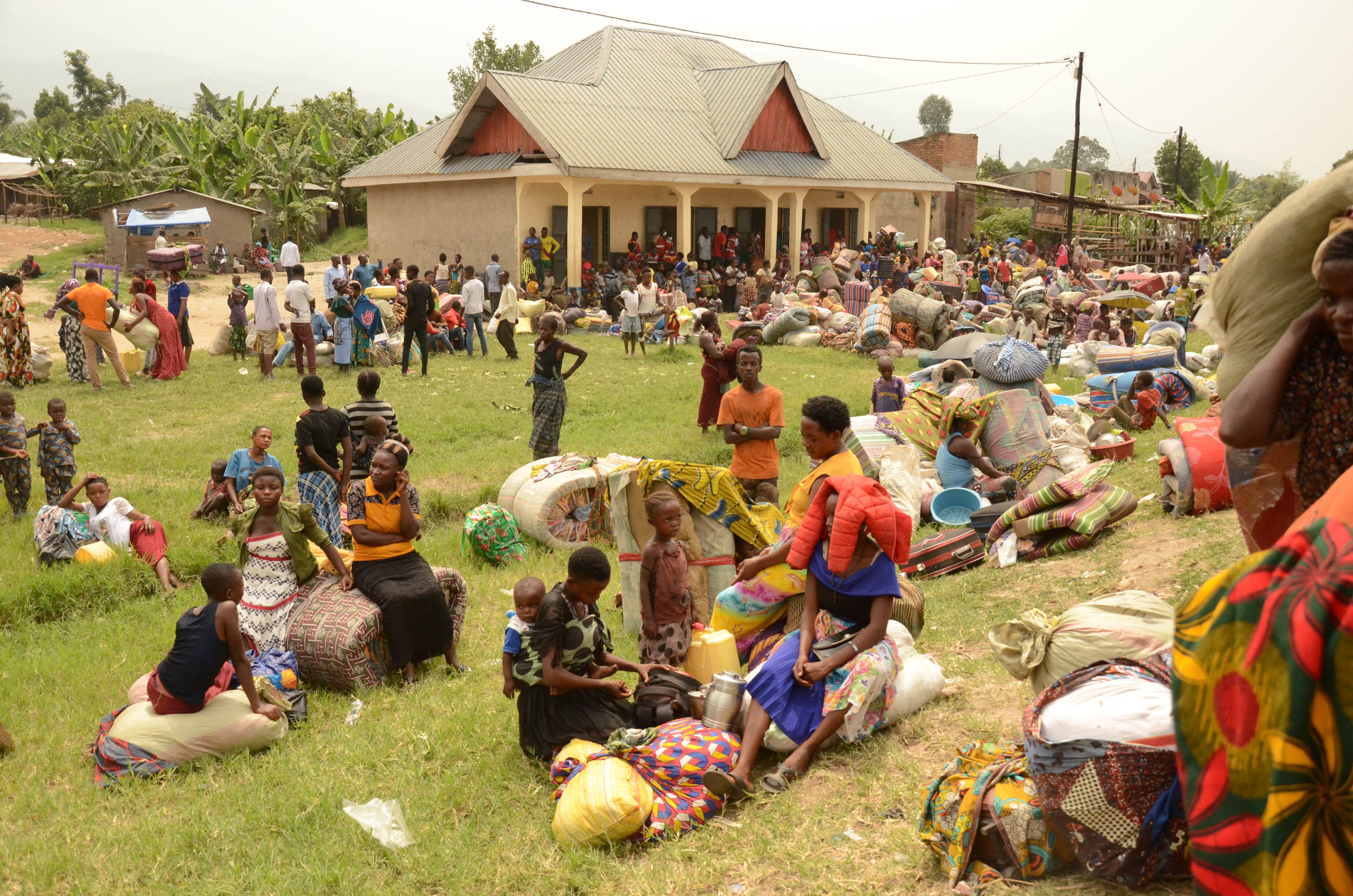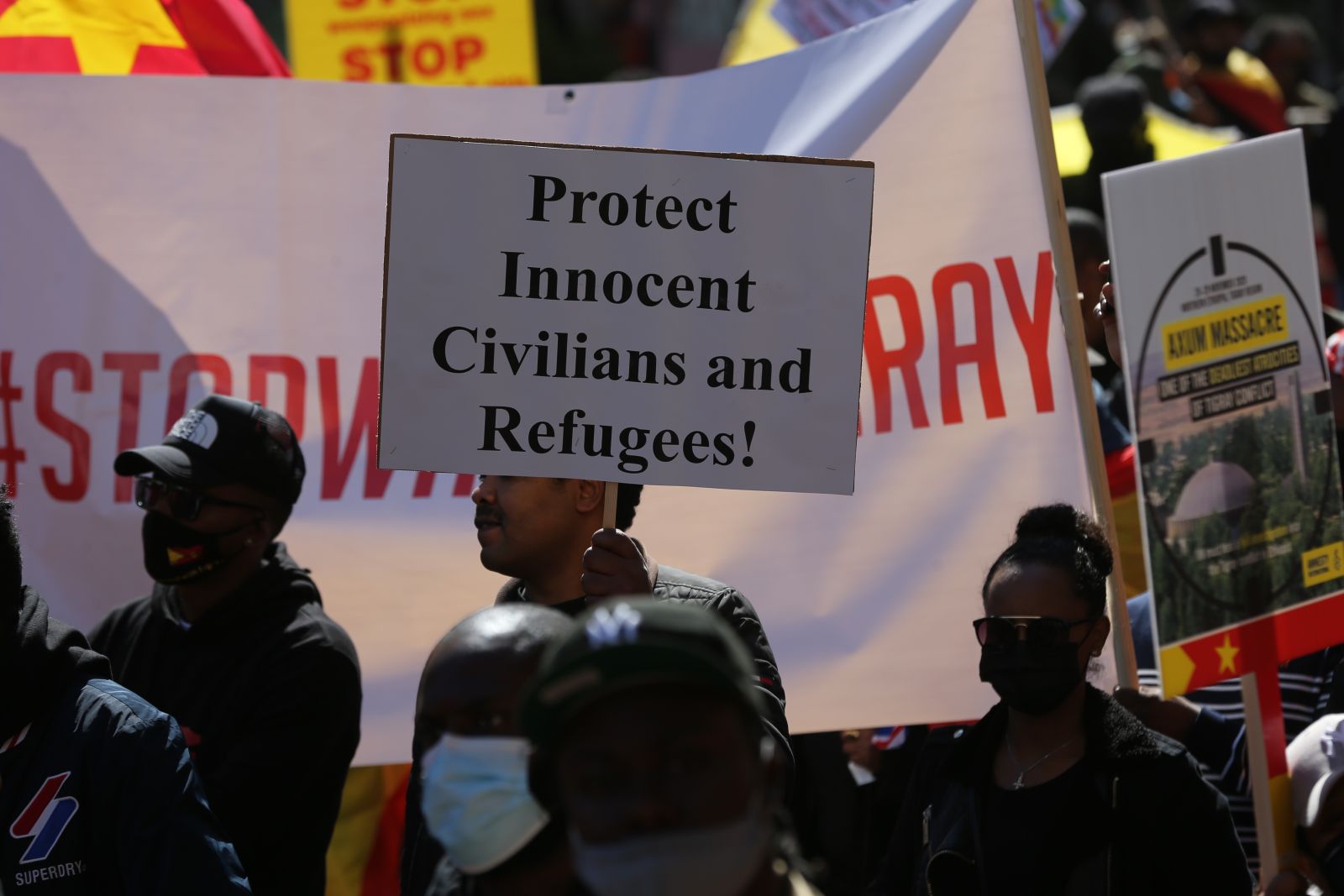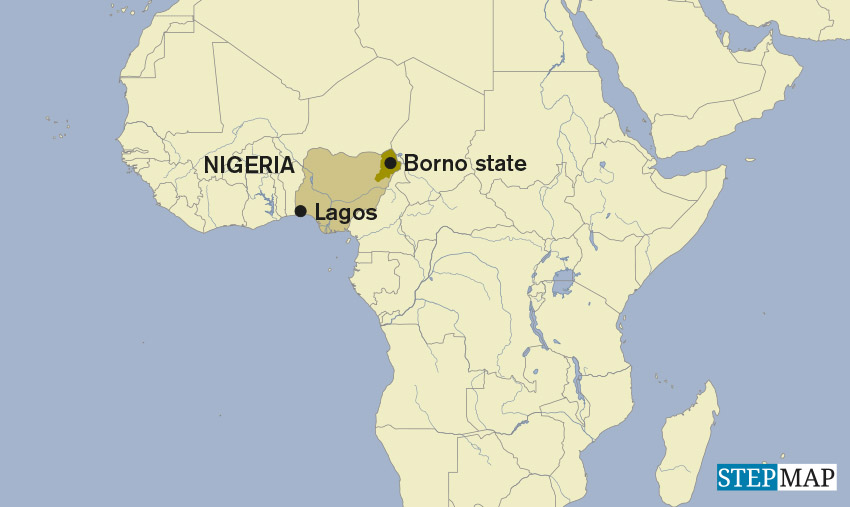Our view
Setting the wrong example

One of 110 persons worldwide was affected. Almost 60 % of them did not cross the border but stayed in the country they are from. Filippo Grandi, the UN high commissioner for refugees, considers it unacceptable that 50 % of the refugees worldwide are not even 18 years old.
On the run, most people lose everything. They may have been prosperous and well-respected at home, but now they are paupers who depend on charity and are considered burdens.
The EU and the USA are building virtual and real walls to keep away people who are seeking protection. Australia even detains asylum-seekers on remote islands indefinitely. It is a scandal that high-income nations are disregarding Article 14 of the Universal Declaration of Human Rights. Its first sentence states: “Everyone has the right to seek and to enjoy in other countries asylum from persecution.”
Governments have closed borders in response to xenophobic sentiments among citizens who do not make a distinction between refugees and migrants in search of better paying work. The deep irony is that high-income countries actually need immigrants in view of their demographic trends. Their policies tend to be incoherent.
The human right to asylum is neglected in other places as well. Many Asian countries do not have specific laws on how to deal with refugees. Therefore, refugees’ legal situation is often precarious. Nine of 10 people who flee violence or disaster end up in developing countries such as Bangladesh, Pakistan and Lebanon. Uganda is a major host country too: 1.4 million people have fled there, mostly from South Sudan, a state that has collapsed into civil war.
All too often, the reasons of flight are not considered. It is essential, however, to understand who bears what responsibility. Political violence and natural disasters are the main reasons that drive people from their homes, and these phenomena do not tend to respect national borders, because relevant issues interact in complex ways. It is often neglected, for example, that environmental problems exacerbate violent strife. At the same time, natural disasters are particularly devastating in crisis regions.
We are dealing with global problems. They require collective action by the international community. On this agenda, taking care of refugees is an important item.
For several reasons, high-income countries must rise to their responsibility in particular. They have the most money, the best infrastructure and the strongest capacities. They have made the greatest contributions to causing climate change. That so many countries lack truly democratic governance is linked to the established powers’ geostrategic considerations, their resource needs and weapons exports. The long-term impacts of colonial rule matter as well. The governments of rich nations tend to lecture others on what needs to happen. But they are not leading by example.














